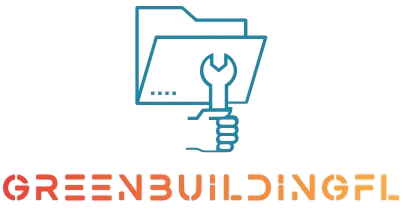The Role of Digital Collaboration Tools in Project Management
Digital collaboration tools play a crucial role in modern project management, revolutionizing how teams communicate, coordinate, and collaborate on projects. Here are some key ways digital collaboration tools contribute to effective project management:
- Communication: Collaboration tools provide a centralized platform for real-time communication. Team members can engage in discussions, share updates, ask questions, and provide feedback without the need for lengthy email chains or in-person meetings. Features like instant messaging, video conferencing, and discussion boards enhance team communication and promote effective collaboration.
- Task Management and Tracking: Digital collaboration tools offer features for creating and assigning tasks, setting deadlines, and tracking progress. Project managers can allocate responsibilities, monitor task completion, and ensure everyone is on track. These tools often include visual dashboards or Kanban boards that display task status, making it easy to identify bottlenecks or areas requiring attention.
- Document Sharing and Version Control: Collaboration tools enable seamless sharing and collaboration on project documents. Multiple team members can access and edit files simultaneously, eliminating the need to manage multiple versions or track changes through email exchanges. Version control features ensure everyone is working on the latest iteration of a document, promoting accuracy and consistency.
- Centralized Information and Knowledge Management: Collaboration platforms serve as a central repository for project-related information. Team members can access important documents, project plans, and relevant resources in one place, reducing the time spent searching for information. Task histories, comments, and discussions are also recorded, facilitating knowledge sharing and ensuring important project decisions and conversations are preserved.
- Remote and Distributed Team Collaboration: Collaboration tools are particularly valuable for remote or distributed teams. They allow team members to work together regardless of their location and time zone, strengthening collaboration and eliminating geographical barriers. Virtual meetings, shared workspaces, and cloud-based file storage enable seamless collaboration on projects, regardless of team members’ physical proximity.
- Integration with Other Project Management Tools: Many collaboration tools integrate with other popular project management tools such as task management apps, time trackers, and project scheduling software. This integration streamlines processes, eliminates duplicated effort, and enhances the overall efficiency of project management activities.
Overall, digital collaboration tools have transformed project management by enabling effective communication, streamlined workflows, and improved teamwork. Project managers and team members can leverage these tools to enhance productivity, ensure transparency, and achieve project success.



